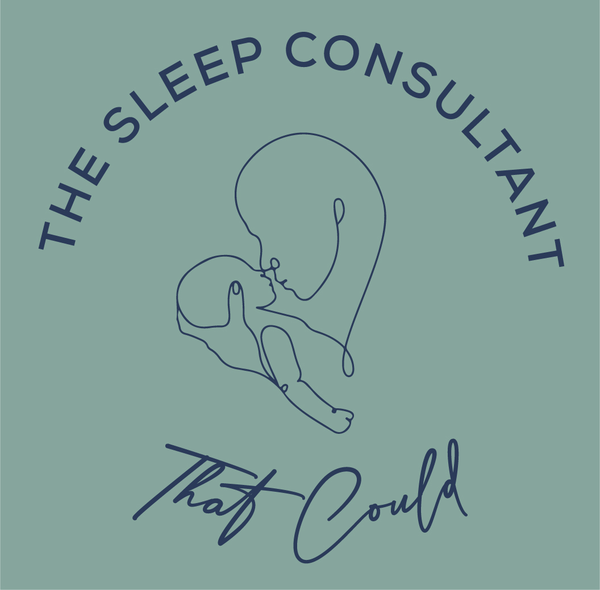6 Not-So-Obvious Baby Sleep Cues
Learn the Cues and Don’t Miss Out on any More Sleep !
As a new parent, one of the biggest challenges you may face is trying to figure out when your baby is tired and ready for sleep. Baby sleep cues can be subtle and easy to miss, but learning to recognize them can make a big difference in helping your baby get the rest they need.
So, what are baby sleep cues, exactly? They are signals or behaviours your baby displays that indicate they are getting tired and ready for sleep. The problem is that often, parents and caregivers confuse signs of tiredness with hunger, which, for an inexperienced eye, look exactly the same!

Working as a doula and sleep consultant for so long has taught me to pick up the most subtle cues besides the obvious ones, including rubbing their eyes, yawning, fussing, or becoming quiet and still. Getting your child to sleep without fuzzing is all about picking up the cues and finding the sweet spot!
Here are some, not so obvious baby sleep cues:
- Losing interest in toys or activities: When it’s time to sleep, babies may start to lose interest in their toys and other activities; they might switch from one activity to another after just a few minutes and become frustrated quickly.
- Clinginess: When a baby is tired, they may become more clingy and seek more physical contact with their caregiver; they might want you to walk them around, or some children even ask for a walk in their strollers if they are used to napping there.
- Red eyes: Tired babies may have red, puffy, or watery eyes as they rub their eyes more frequently.


- Flushed skin: As babies become tired, their skin may become flushed or red. Flushed skin is actually more common when babies get to the overtired point. If your baby gets overtired and is fighting sleep, change the environment a bit: take a 10-minute break, get them into comfy clothes, change their diaper and then come back to the nursery and start their nap/bedtime routine again.
- Arching back: Some babies may arch their back when tired, especially if they are trying to fight sleep. Sometimes, arching their backs is also a sign that they want to be left alone, too, and if we are rocking or touching them, it might get them more upset.
- The 100-mile stare: When you notice that your baby is not responding to your call or is staring at nothingness, that’s a classic sign that they are entering the sleepy dimension.
Pay close attention to your baby’s sleep cues, as missing them can lead to overstimulation and make it harder for your baby to fall asleep or cause early wake-ups. When your baby becomes overtired, it may become fussy and irritable and have a more challenging time settling down for sleep.
Once you have learned to recognize your baby’s sleep cues, you can start to develop a nap and bedtime routine that supports their natural sleep patterns. This routine may include a bath, massage, quiet time, or a lullaby, all of which can help your baby wind down and prepare for sleep.
It is also important to note that every baby is different, so their sleep cues and patterns may vary. Some babies may need more or less sleep than others, and some may be more sensitive to overstimulation. This is why observing your baby’s behaviour and adjusting their sleep routine is important.
If you are having trouble recognizing your baby’s sleep cues or developing a sleep routine that works for your family, don’t hesitate to seek help from a sleep professional. A sleep consultant can provide personalized guidance and support to help you navigate your baby’s sleep challenges and ensure your little one gets the rest they need to thrive.
The good news is that you don’t have to figure it out alone; if you are struggling,
Book a Free 15-minute assessment call here, and I will show you how I can help.
In conclusion, recognizing and responding to your baby’s sleep cues is essential for promoting healthy sleep habits and ensuring that your baby is getting the rest they need. Paying close attention to your baby’s behaviour and working with a sleep professional, if needed, can help your little one develop healthy sleep patterns that will benefit them into adulthood.
References
Sun, W., Li, S. X., Jiang, Y., Xu, X., Spruyt, K., Zhu, Q., & Jiang, F. A Community-Based Study of Sleep and Cognitive Development in Infants and Toddlers. Journal of Clinical Sleep Medicine : JCSM : Official Publication of the American Academy of Sleep Medicine, 14(6), 977-984. https://doi.org/10.5664/jcsm.7164



3 Comments